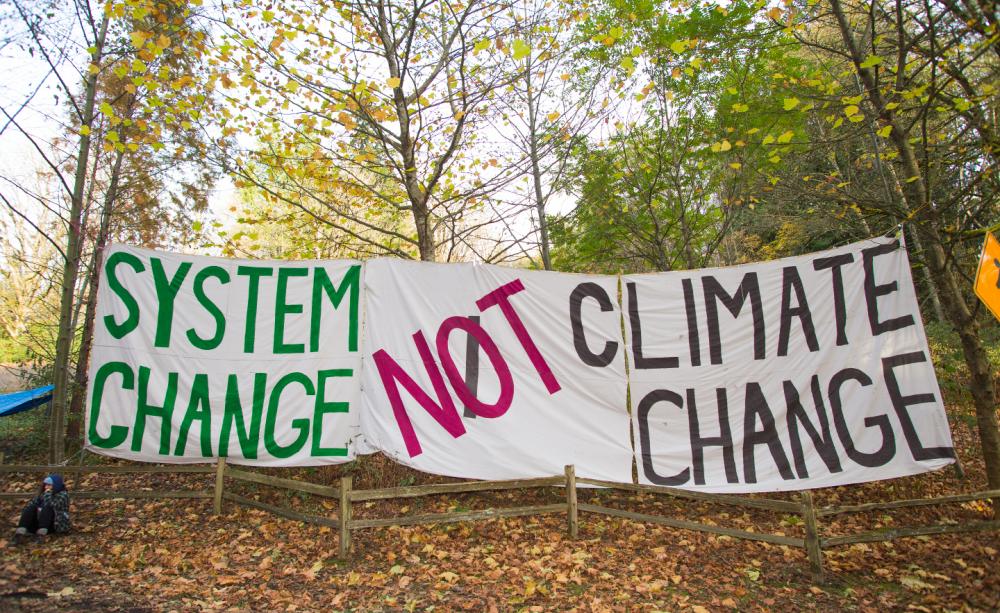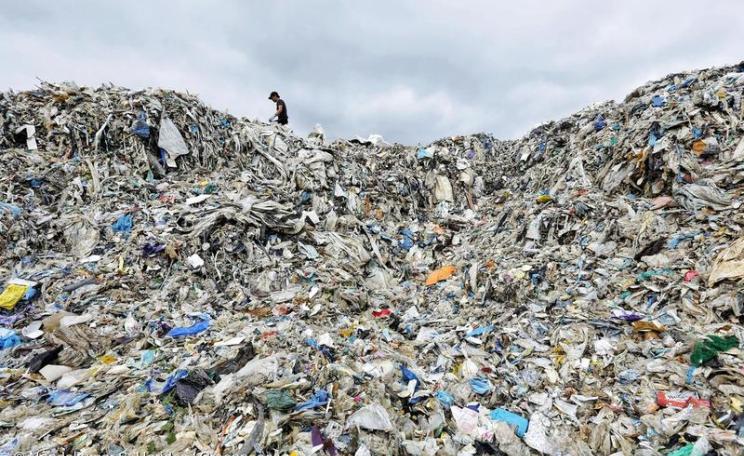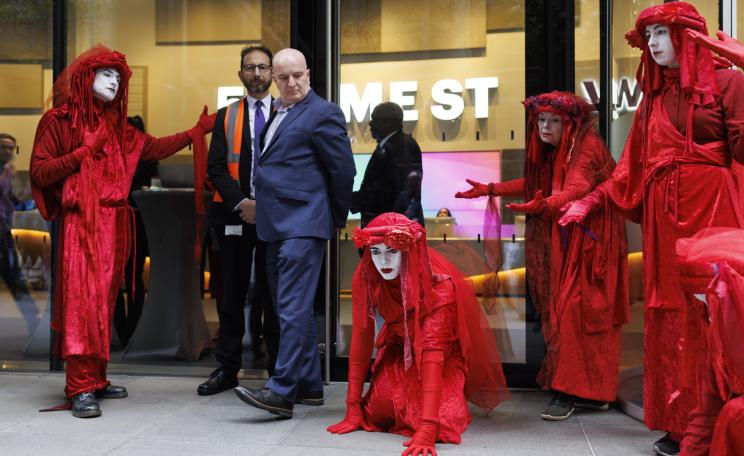Further failure would be an unconscionable betrayal of the planet and future generations.
Limiting global temperature rise to 1.5°C would require “rapid and far-reaching” transitions in land, energy, industry, buildings, transport, and cities, according to climate scientists in landmark research published today.
Human activities have already caused approximately 1°C of global warming, and this is likely to reach 1.5°C between 2030 and 2052 if it continues at the current rate, the Intergovernmental Panel on Climate Change (IPCC) scientists said.
To keep within the 1.5°C limit, global net human-caused emissions of CO2 would need to fall by about 45% from 2010 levels by 2030, reaching ‘net zero’ around 2050, meaning that any remaining emissions would need to be balanced by removing CO2 from the air, using technologies such as reforestation, carbon capture and storage, and sequestering carbon in the soil.
However, the effectiveness of such techniques are unproven at large scale and some may carry significant risks for sustainable development, the report notes.
The IPCC was asked to investigate the implications of limiting warming to 1.5°C at the UN climate negotiations in Paris in 2015. The findings of the report will feed into the next round of talks in Poland in December.
An “unconscionable betrayal” of the planet
The scientists found that the impact of 1.5°C warming was far less damaging than 2°C. For instance, coral reefs would decline by 70-90% with global warming of 1.5°C, compared with being virtually wiped out with a 2°C rise.
Gro Harlem Brundtland, former prime minister of Norway and acting chair of international group of elder statesmen and peace and human rights activists the Elders, said: “This report is not a wake-up call, it is a ticking time bomb. Climate activists have been calling for decades for leaders to show responsibility and take urgent action, but we have barely scratched the surface of what needs to be done.
“Further failure would be an unconscionable betrayal of the planet and future generations,” she added.
This Author
Catherine Early is a freelance environmental journalist and chief reporter for the Ecologist. She was formerly the deputy editor of the Environmentalist. She can be found tweeting at @Cat_Early76.







